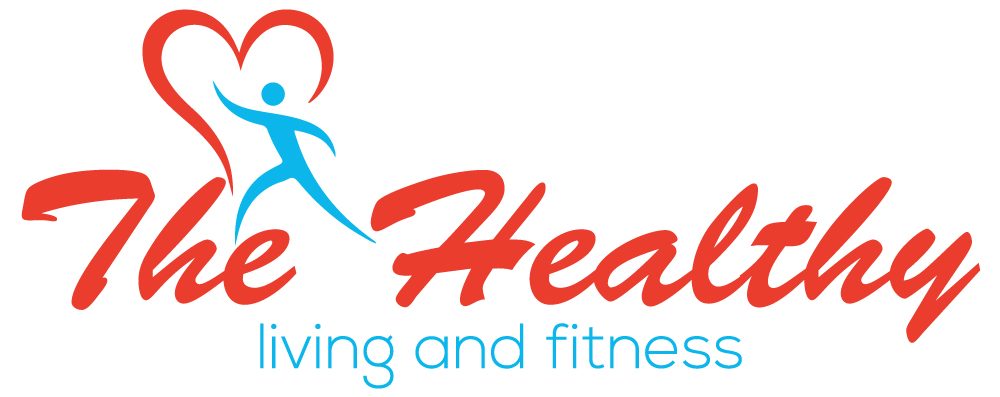In a society that has become so accustomed to living a sedentary routine, it isn’t surprising to find that lifestyle related conditions like heart disease, diabetes and obesity are on the rise. After all, it may be difficult to start exercising regularly but the length of one’s life can depend on it. Interestingly, the food we eat plays an important role in our health and research suggests that most people do not consume enough vitamins and minerals which is why we’ve decided to go over everything there is to know about vitamins and why they are a vital part of our diet…
What are the names of the different vitamins?
A vitamin is an organic component that can be broken down by heat, air or acid; however, it can be very difficult to consume enough of each one on a daily basis which is why many people often discover that they have some kind of deficiency. In order to make them easier for the average person to understand, the important vitamins that we need are separated into categories by letters and that is why many juice drinks often talk about consuming enough vitamin ‘C’, the colloquial term for ascorbic acid.
Why are vitamins so important to our health?
Since there are so many different types of vitamins, it is important to understand their use in the body and how it impacts our health when we don’t consume enough of them. For example, vitamin A is made up of retinoids and carotene so it keeps our skin and tissue healthy; vitamin B is comprised of 8 subcategories, however, the most well-known is vitamin B9, also called folate, which is used in order to make and repair DNA; and vitamin D, also known as calciferol, which strengthens the bones and helps the body absorb calcium.
What is the difference between fat-soluble and water-soluble vitamins?
It is safe to say that vitamins are a very complex diet necessity which is why many people fail to consume enough of them. In fact, there are two different forms that vitamins can be found in and these are known as water-soluble and fat-soluble.
Vitamins B1, B2, B3, B6, B9, B12, C, biotin and pantothenic acid are considered water-soluble which means that they can dissolve in water and be used immediately whereas vitamins A, D, E and K are fat-soluble and this means that they are dissolved in fats and must travel through the small intestine in order to be absorbed via the bloodstream.
Perhaps the most important piece of information to remember is that water-soluble vitamins are not stored inside the body so they must be regularly replenished through the diet whereas fat-soluble vitamins are stored in the liver and fatty tissue for use at a later date.
It is impossible to out-train a bad diet which means that running miles upon miles on a treadmill is not the most effective way of reducing the likelihood of dangerous diet related issues. After all, a heart attack is often caused by blocked arteries full of hardened cholesterol and fatty deposits that prevent blood from flowing freely. Luckily, many of the vitamins that we need can be obtained from different food groups through the consumption of a balanced diet. To find out more information, get in contact with a member of The Healthy Living and Fitness team today!
